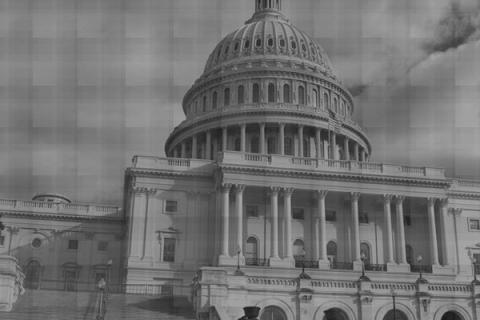The California Senate Judiciary committee has approved a bill that could change the face of social networking by mandating tighter default privacy settings for websites such as Facebook. Originally, the proposed law only applied to social network users under the age of 18 but a revised version would cover all California residents.
The reasoning behind SB 242, according to its author – Senate Majority Leader Ellen Corbett (D-San Leandro) – is that:
“you shouldn’t have to sign in and give up your personal information before you get to the part where you say, ‘Please don’t share my personal information.’”
Privacy advocates agree, but Facebook and other internet companies oppose the bill.
The proposed law would require that social networks:
“establish a default privacy setting for registered users of the site that prohibits the display, to the public or other registered users of any information about a registered user, other than the user's name and city of residence, without the agreement of the user;” as well as “establish a process for new users to set their privacy settings as part of the registration process that explains privacy options in plain language.”
Internet websites would not be allowed to complete the registration process of new users until privacy settings were selected by the user. These privacy settings would be “available to all users of the Internet Web site in a conspicuous place and an easy-to-use format.”
Additionally, the bill would require websites to remove “personal identifying information” of registered users upon their request within 48 hours. Personal identifying information not only pertains to a person's name and social security number, but also includes:
“information about a person's current location, including global positioning system coordinates, in different types of media, including photographs and videos, transmitted to, or over, the Internet.”
Willful violation of these rules could result in a $10,000 fine per infraction.
Groups such as Internet Alliance and NetChoice have spoken out against the bill, arguing that regulatory oversight of privacy settings could degrade the “value” of the social networking experience. They argue that it might make participation in Facebook-like environments limited for new members if their default privacy settings are ratcheted-up. But such arguments hold no weight, proponents say, when new users can easily be notified of how their personal choices for privacy settings might affect their networking experience.
Facebook spokesman Andrew Noyes voiced his company's concerns to the San Francisco Chronicle, stating that:
“any legislative or regulatory proposal must honor users’ expectations in the contexts in which they use online services and promote the innovation that fuels the growth of the Internet economy.” He added, “This legislation is a serious threat both to Facebook’s business in California and to meaningful California consumers’ choices about use of personal data.”

